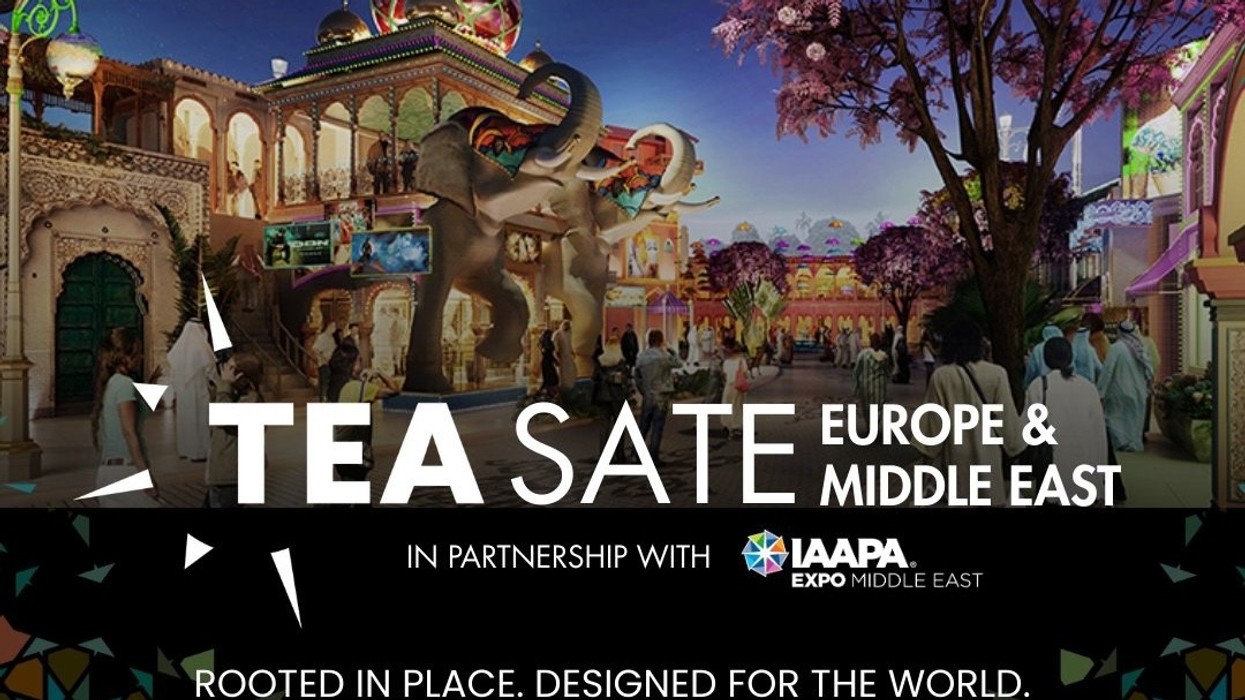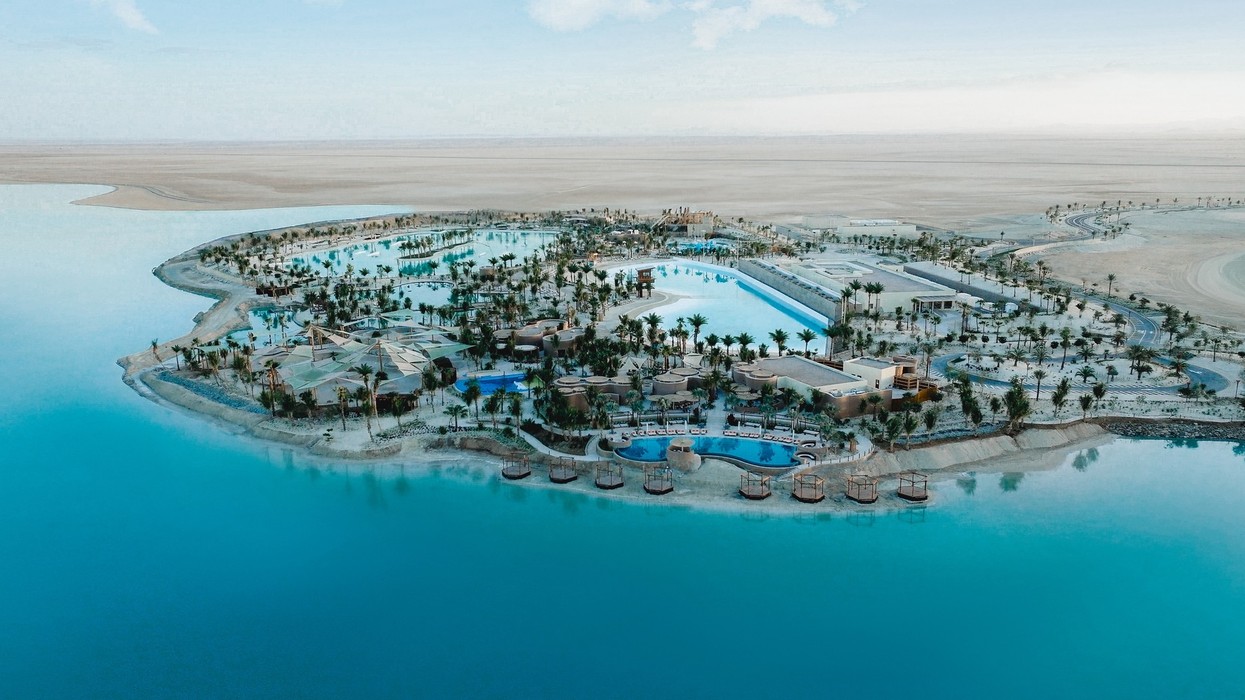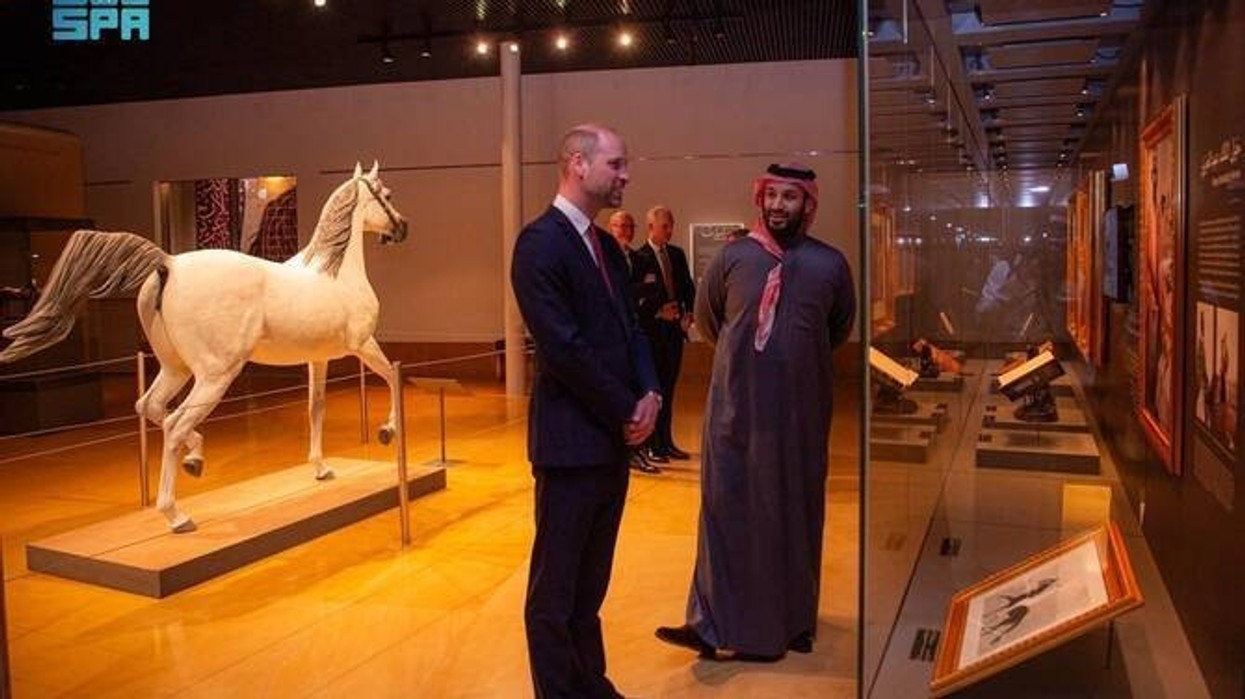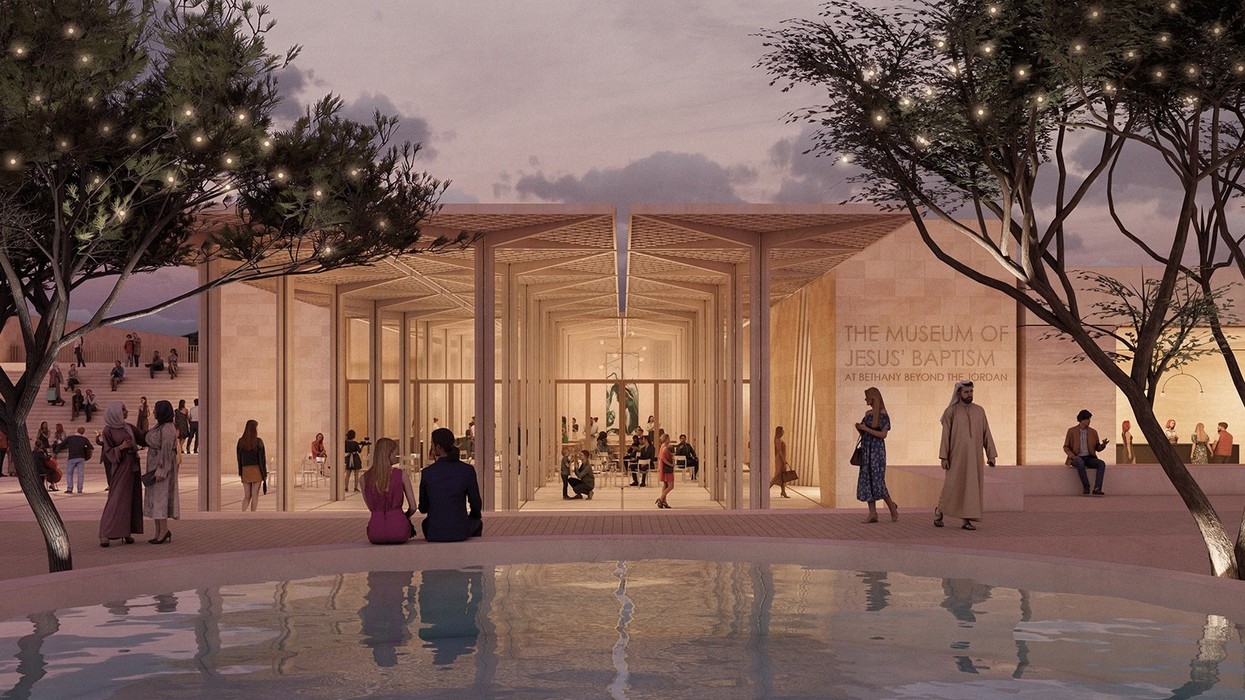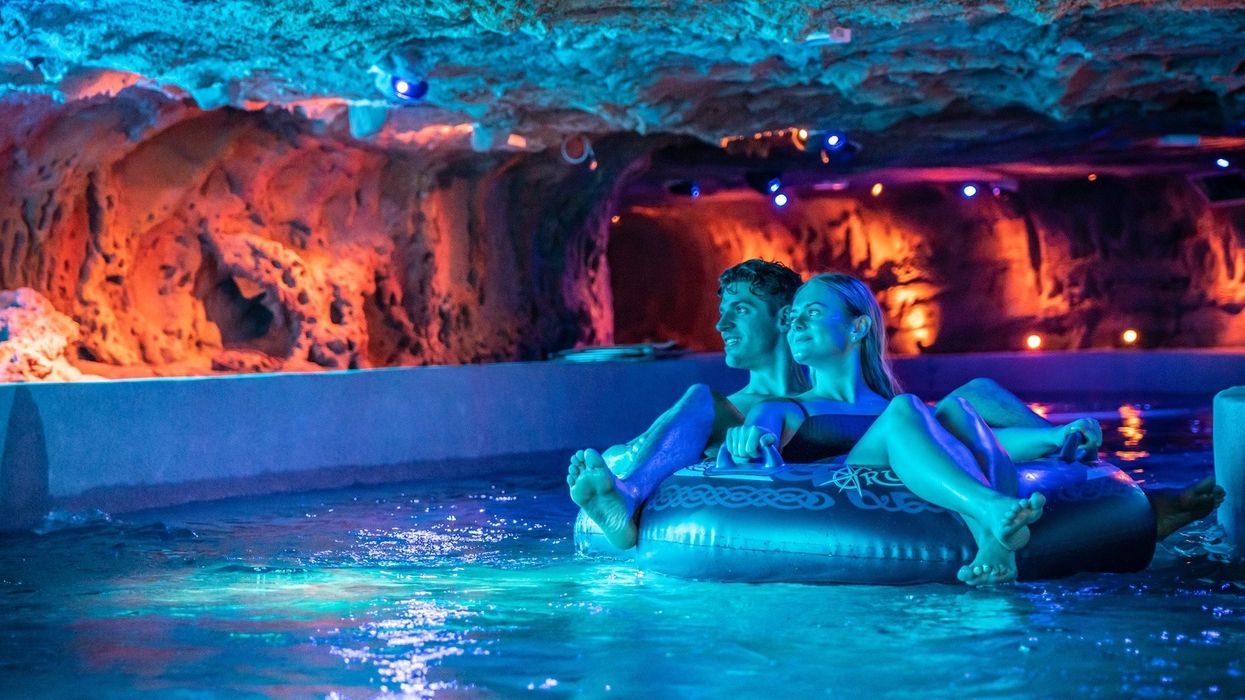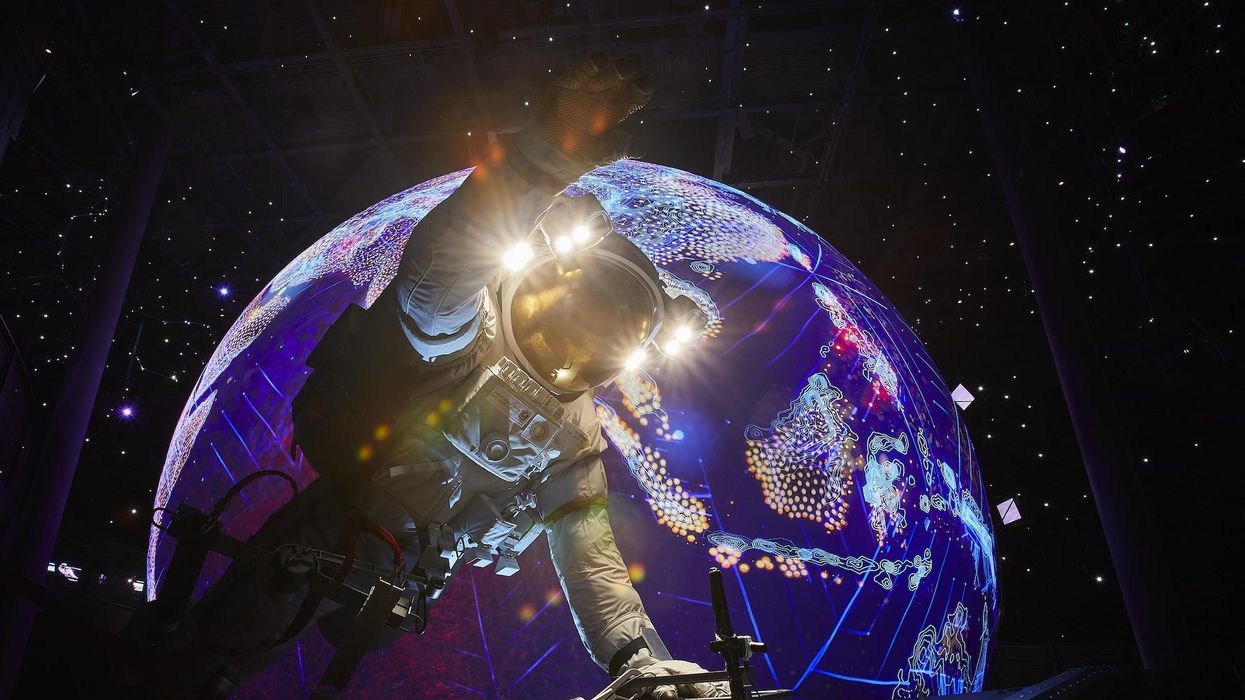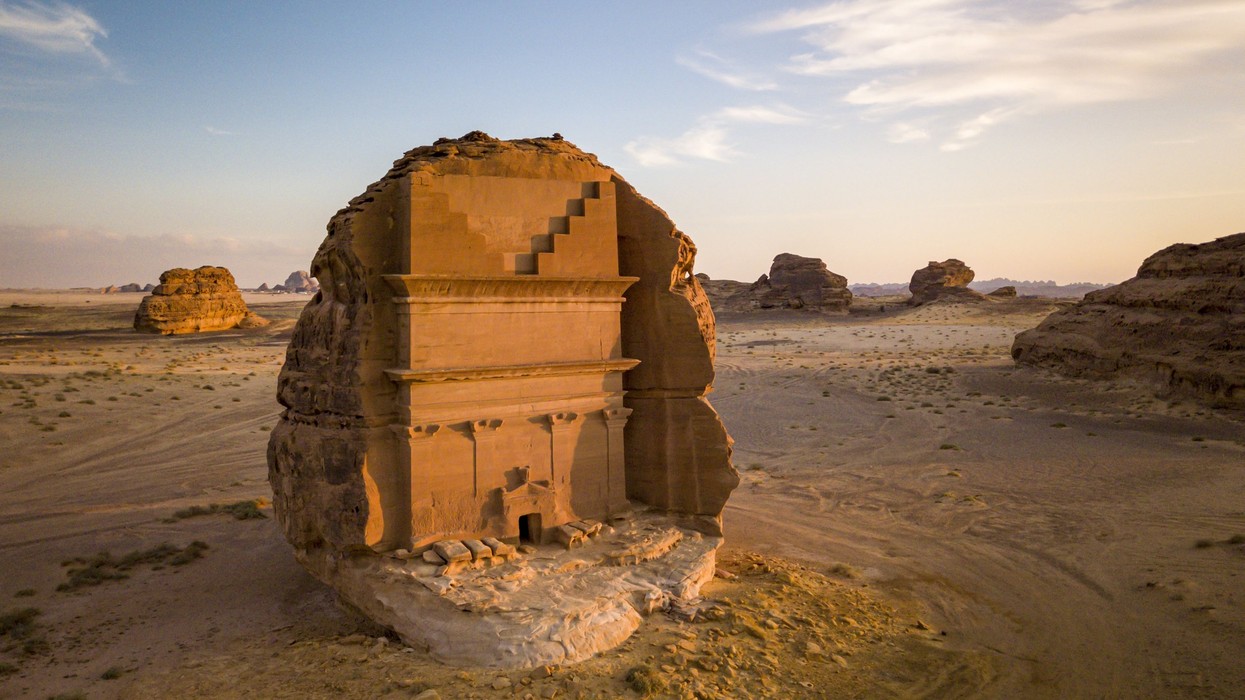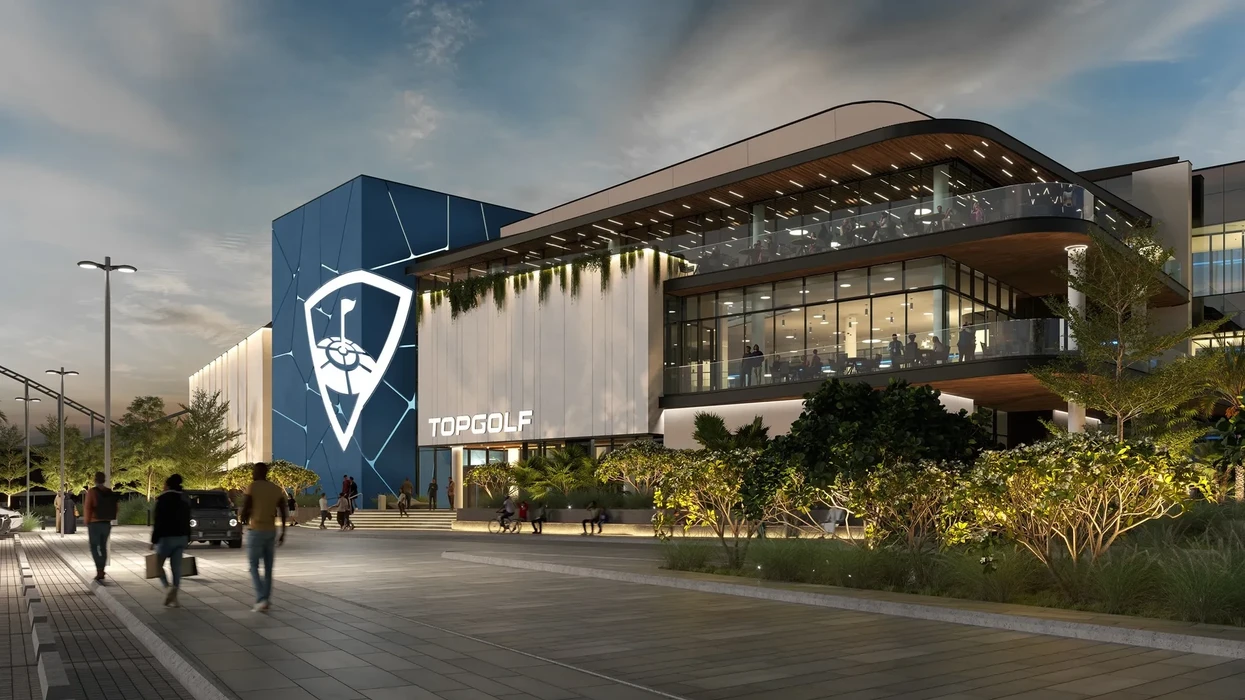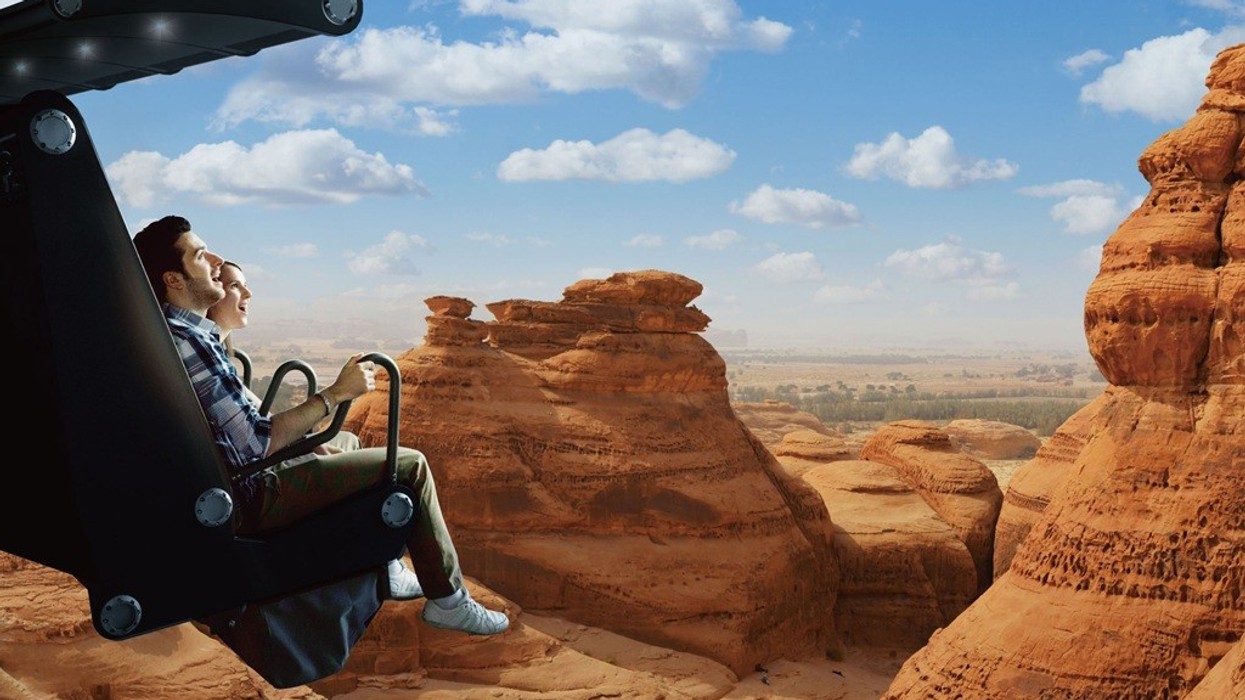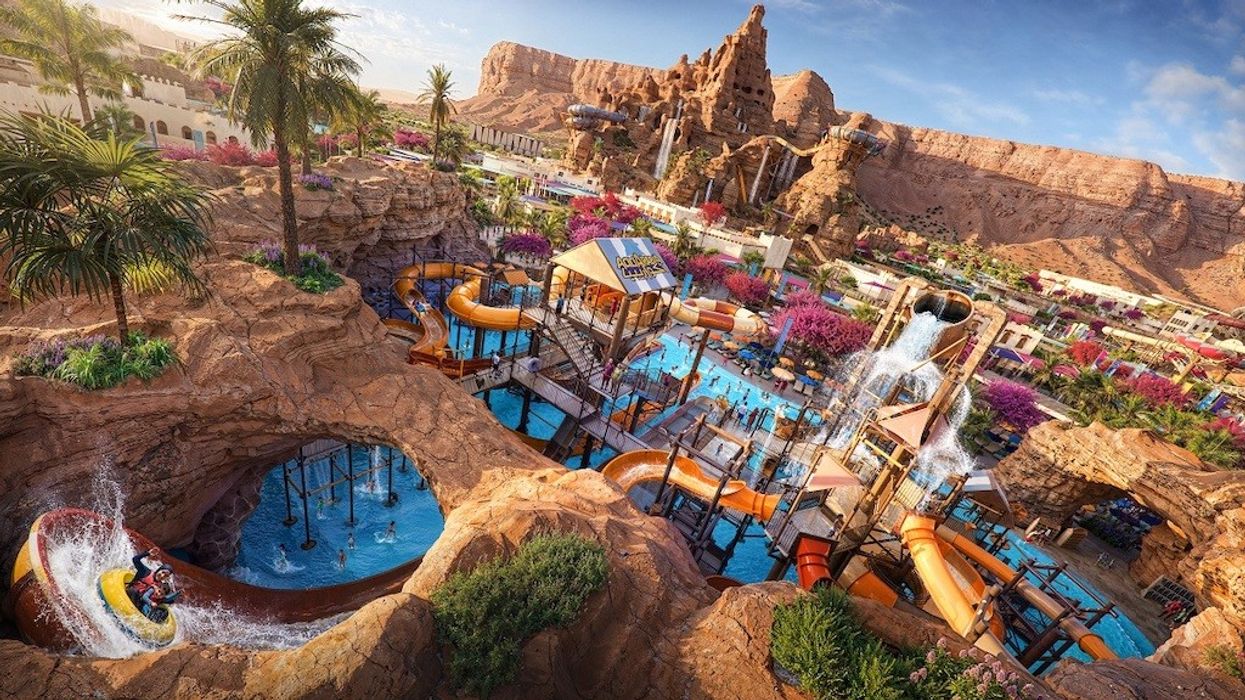The business of attractions, straight to your inbox!
Sign up to receive the industry’s most comprehensive news service directly to your inbox every day.
✅ Thank you! We’ve sent a confirmation email to complete your subscription.
Don’t miss out
Get the latest attractions industry news direct to your inbox, every day.
✅ Thank you! We’ve sent a confirmation email to complete your subscription.
Most viewed
Day
Week
Month
middle east
The Middle East is a vast geopolitical region spanning south-western Asia and northern Africa. 18 countries are traditionally included within this area. This includes Akrotiri and Dhekelia, Bahrain, Cyprus, Egypt, Iran, Iraq, Israel, Jordan, Kuwait, Lebanon, Oman, Palestine, Qatar, Saudi Arabia, Syria, Turkey, United Arab Emirates, and Yemen.
The Middle East's attractions industry has been growing rapidly in recent years. Some of its most popular attractions include the Burj Khalifa in Dubai, the Sheikh Zayed Grand Mosque in Abu Dhabi, and the Pyramids of Giza in Egypt.
With significant investment in the development of theme parks and water parks, museums, and zoos, the region has become home to some of the world’s most innovative and exciting attractions. These are typified by the use of technology to enhance the visitor experience.
Several large-scale projects are set to further transform the attractions industry in the Middle East. For example, Saudi Arabia’s array of giga-projects and attractions are part of the Public Investment Fund’s (PIF) Vision 2030. These aim to stimulate the economy. One example is the Qiddiya project, which will become the world’s largest entertainment city. It will feature attractions such as theme parks, water parks, and sports facilities.
The Neom project, also in Saudi Arabia, is a futuristic $500 billion tourism development. This will include attractions such as an artificial moon and a Jurassic Park-style island.
Miral is responsible for the design, development, and management of leisure, entertainment, and cultural destinations and experiences on Yas Island and across Abu Dhabi. It oversees sites including Warner Bros. World, Ferrari World, and SeaWorld.
Don’t miss our
FREE daily newsletter
Get the latest attractions industry news direct to your inbox, every day.
✅ Thank you! We’ve sent a confirmation email to complete your subscription.
middle east features
Recent
blooloop is taking climate action and is now B Corp Certified.Sustainability strategy

Become part of the blooloop community:Work with us
